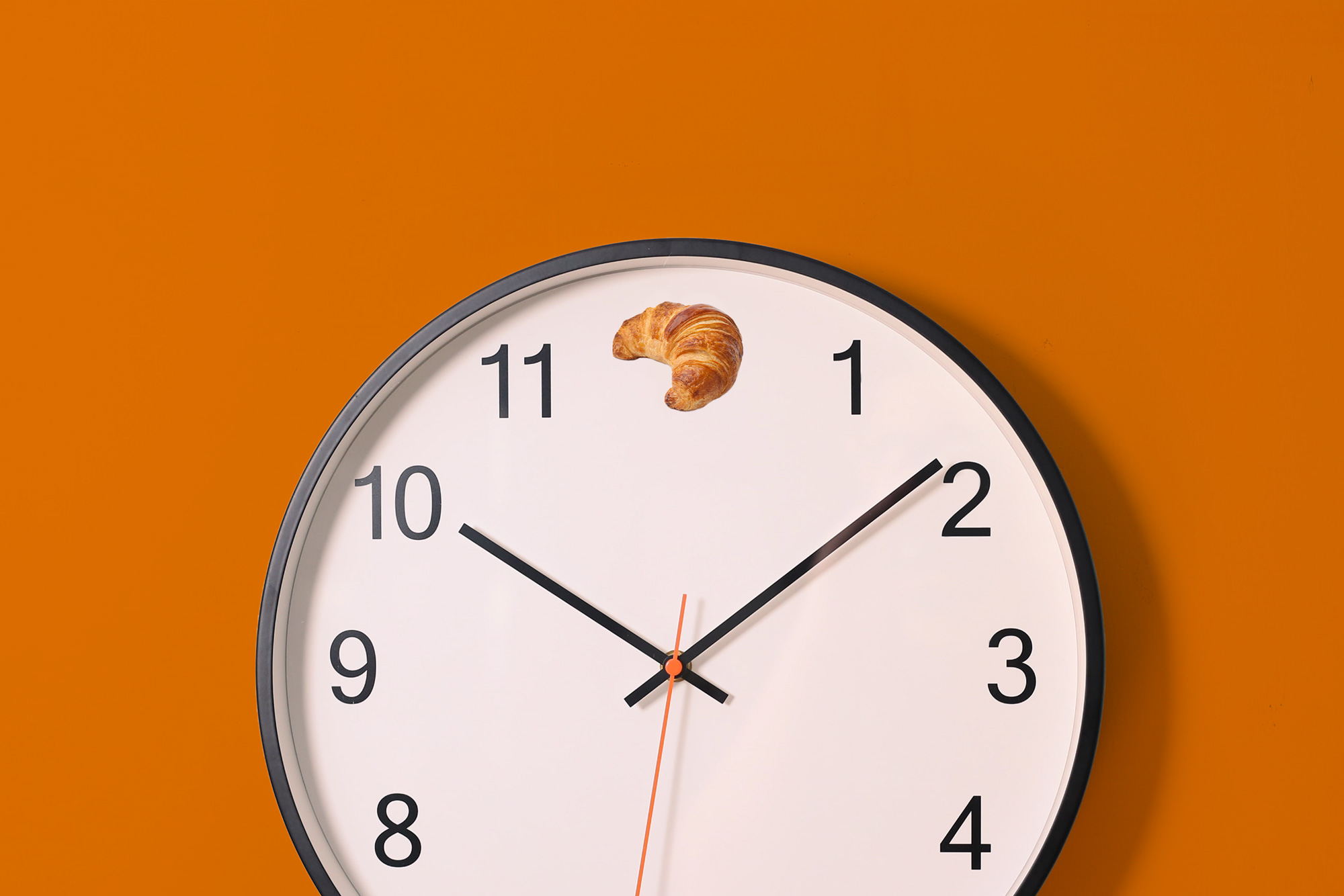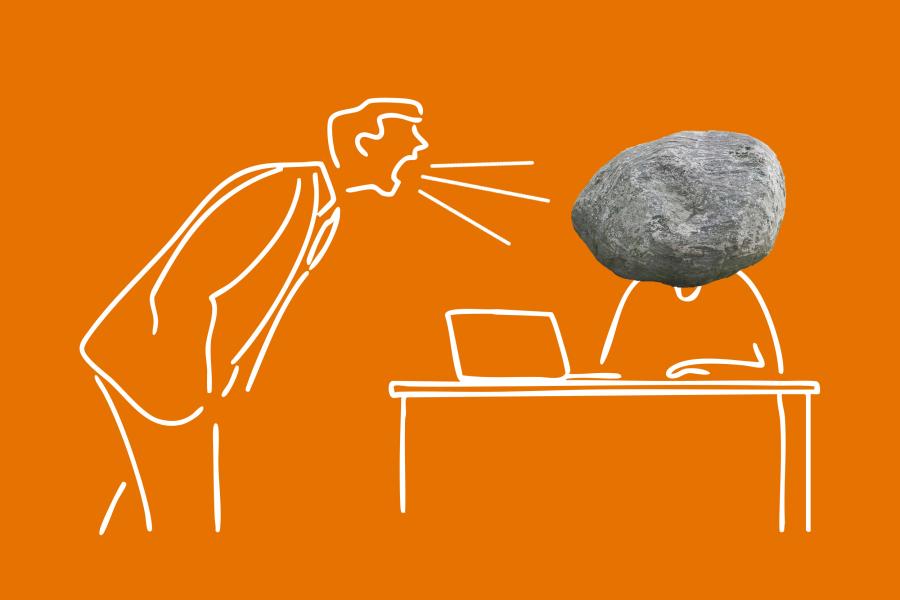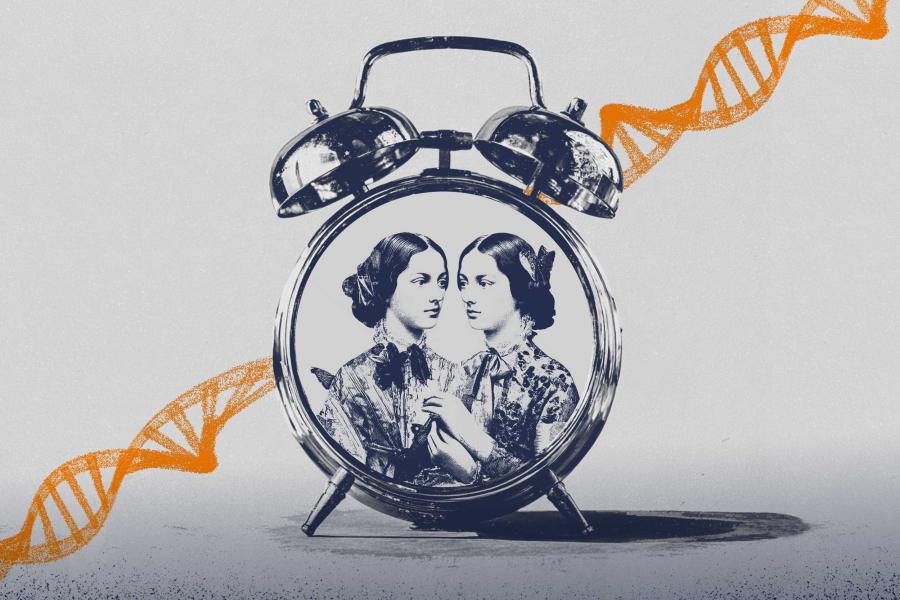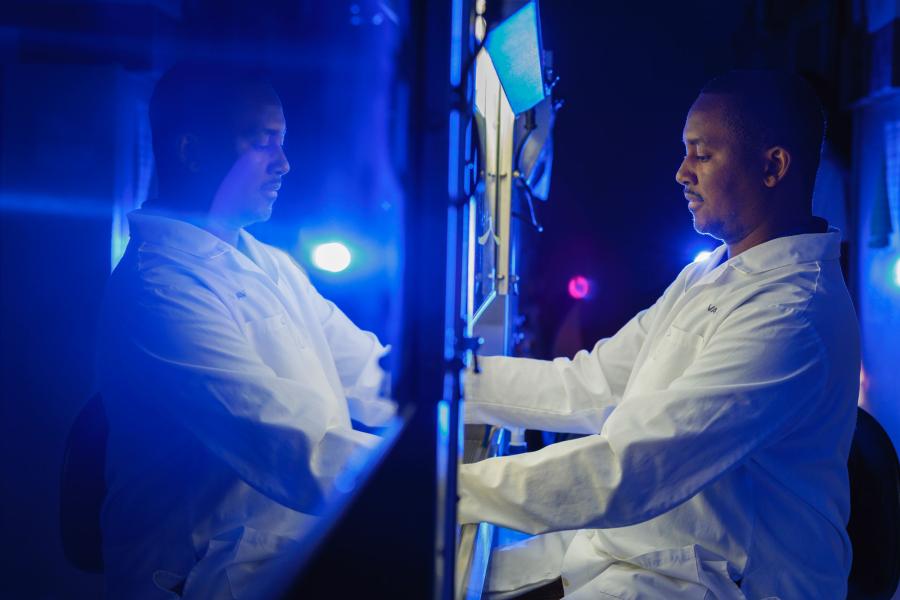When you eat is just as important as what you eat.
Many people consume their biggest meal of the day at dinner, when it’s after dark and they’re unwinding. But science has shown that it’s healthier to eat larger meals while the sun shines and your body is active.
University of Virginia researchers on Friday revealed the first step toward tricking our brains into ringing the dinner bell earlier. It lies in their discovery of a cluster of neurons tuned to our bodies’ natural rhythms, which cue hunger.
The research, published in Science Advances, was conducted in the lab of associate professor of biology Ali Deniz Güler.
Qijun Tang, a first author of the study and the graduate student in Güler’s lab who spearheaded the work, answered UVA Today’s questions about the mind-gut research and how science aims to rewire the connection to our advantage.
Q. What did your research set out to find?
A. People who have consistent mealtimes – for instance dinner at 6 p.m. every day – may notice that they feel hungry around dinnertime regardless of when they ate last. Like humans, this is also true for many animals. If you have pets, you may have noticed this behaviorally. They will start moving around in anticipation before mealtime, usually near where they normally eat, even if they had a late snack. How the brain anticipates a mealtime has been a mystery for scientists for more than a century. Our research focused on answering this question.
Q. Why is when we eat so important?
A. Our bodies have developed a biological clock system through evolution to effectively track the rhythmic events in our environment. This system ensures that appropriate behavioral and physiological responses occur at the optimal times of the day. This is a crucial adaptation for the survival of all organisms. However, the demands of modern life have disrupted the synchrony between our biological clocks and our behavioral patterns. This issue has garnered significant attention over the past two decades because of the adverse effects on our health, such as obesity, poor sleep quality, etc.
A substantial body of evidence has emerged, highlighting a pronounced link between this disruption and the emergence of life-threatening diseases anywhere from metabolic conditions to cancer to Alzheimer's disease.
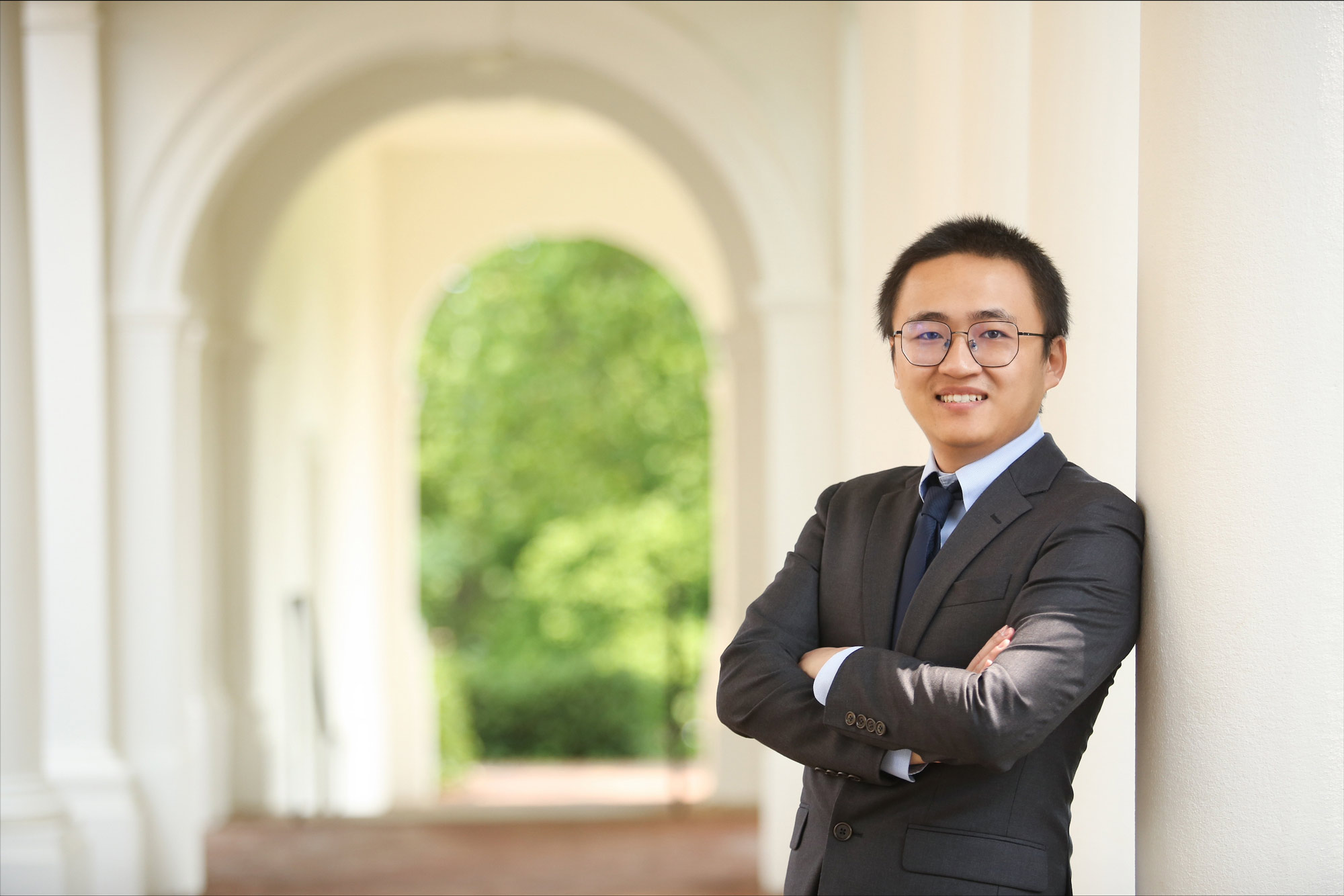
In turn, numerous studies have demonstrated that maintaining alignment with our internal clock, such as restricting meals to daytime hours, yields substantial health benefits. These findings have been consistently observed across animal and human trials.
Q. What was your approach to the research?
A. We used a combination of state-of-the-art neurobiology tools to record and modulate neurons in the brain of freely behaving mice. We were able to discover how specific neurons in the brain act in anticipation of a meal, and how modulation of the activity of these neurons inhibits the ability of mice to anticipate mealtimes.
Q. What did you discover?
A. We discovered that this specific group of neurons in the brain informs the neuronal circadian clock about the time of food availability, which in return prepares the body for food consumption.
Q. What’s next for the research?
A. The neurons we identified that anticipate a meal are in a brain region called the dorsomedial hypothalamus, which is known for its ability to control metabolism, among other things. These neurons are able to sense metabolically relevant hormones such as leptin, making them the ideal information-integrating neurons, which can then inform the circadian clocks in our body.

Tang and colleagues performed the research in the lab of biologist Ali Deniz Güler. (Photo by Dan Addison, University Communications)
Future work focusing on these specific neurons we identified here will allow us to develop better strategies to prevent circadian misalignments that contribute to devastating diseases.
Q. Anything else our readers should know?
A. Biological clocks can keep time, but they need to be synchronized to a routine. Sleeping and waking up at consistent times and keeping a good meal schedule are some of the best non-invasive ways to have good circadian hygiene. This will in return reduce the harmful consequences of our modern lifestyles, which are littered with extended artificial lighting and easily accessible food.
Researchers Brandon Podyma, who was a Medical Scientist Training Program student, and graduate student Elizabeth Godschall are additional first authors of the study. This work was supported by multiple grants, include awards from the National Institutes of Health and the American Diabetes Association’s Pathway to Stop Diabetes.
Media Contact
Communications Manager School of Engineering and Applied Science
williamson@virginia.edu (434) 924-1321
Article Information
September 10, 2025

